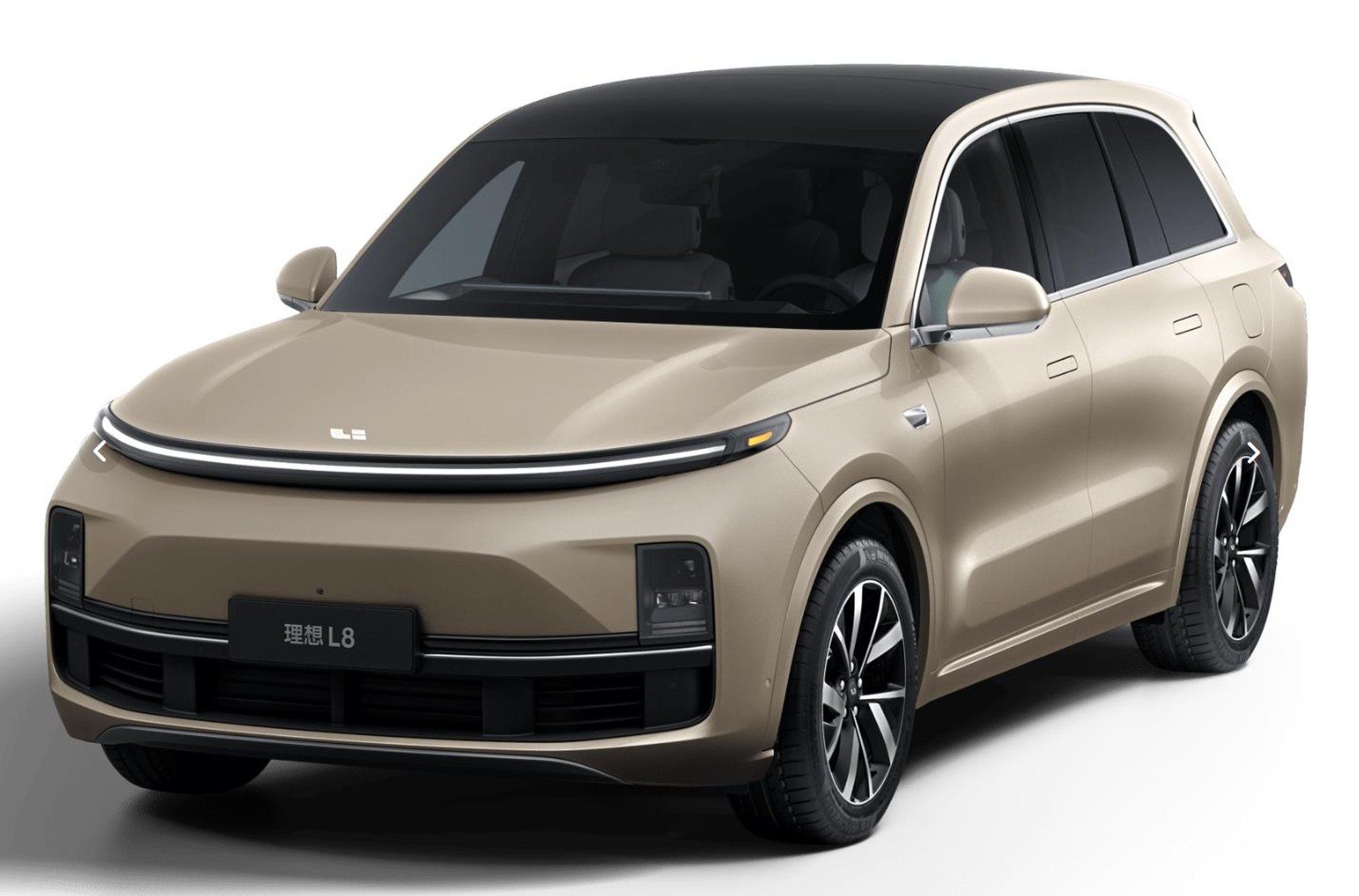
Chinese EV maker BYD challenges rival Li Auto with launch of second premium SUV in a month via Mercedes-Benz venture
- The plug-in-hybrid N8 SUV challenges Li Auto’s bestselling L8 model in a red-hot market
- Along with the N7, launched just over a month ago, the new offering is part of the carmaker’s concerted effort to move up the value chain
“Launching two production models in one month represents BYD’s stepped-up efforts to compete in the premium EV segment,” said Eric Han, a senior manager at Suolei, an advisory firm in Shanghai. “The N8 is obviously targeting wealthy families and will fight against Li Auto’s L8 in the Chinese market.”
The N8 ranges in price from 319,800 yuan (US$44,496) to 326,800 yuan.

Denza did not reveal when it would start delivering the N8, but it took the company just three weeks to begin delivering the mid-size N7 to customers after it began taking orders on July 3.
In late June, BYD said it would begin delivering its Yangwang U8, a luxury car priced at 1.1 million yuan, in September.
BYD delivered 262,161 units in July, up 3.6 per cent from a month earlier. It broke its monthly sales record for a third straight month.
Li Auto handed 34,134 vehicles to mainland customers in July, beating its previous record of 32,575 units set a month earlier. It is also riding a three-month streak of records.
EV sales in mainland China will rise by 35 per cent this year to 8.8 million units, UBS analyst Paul Gong forecast in April.

